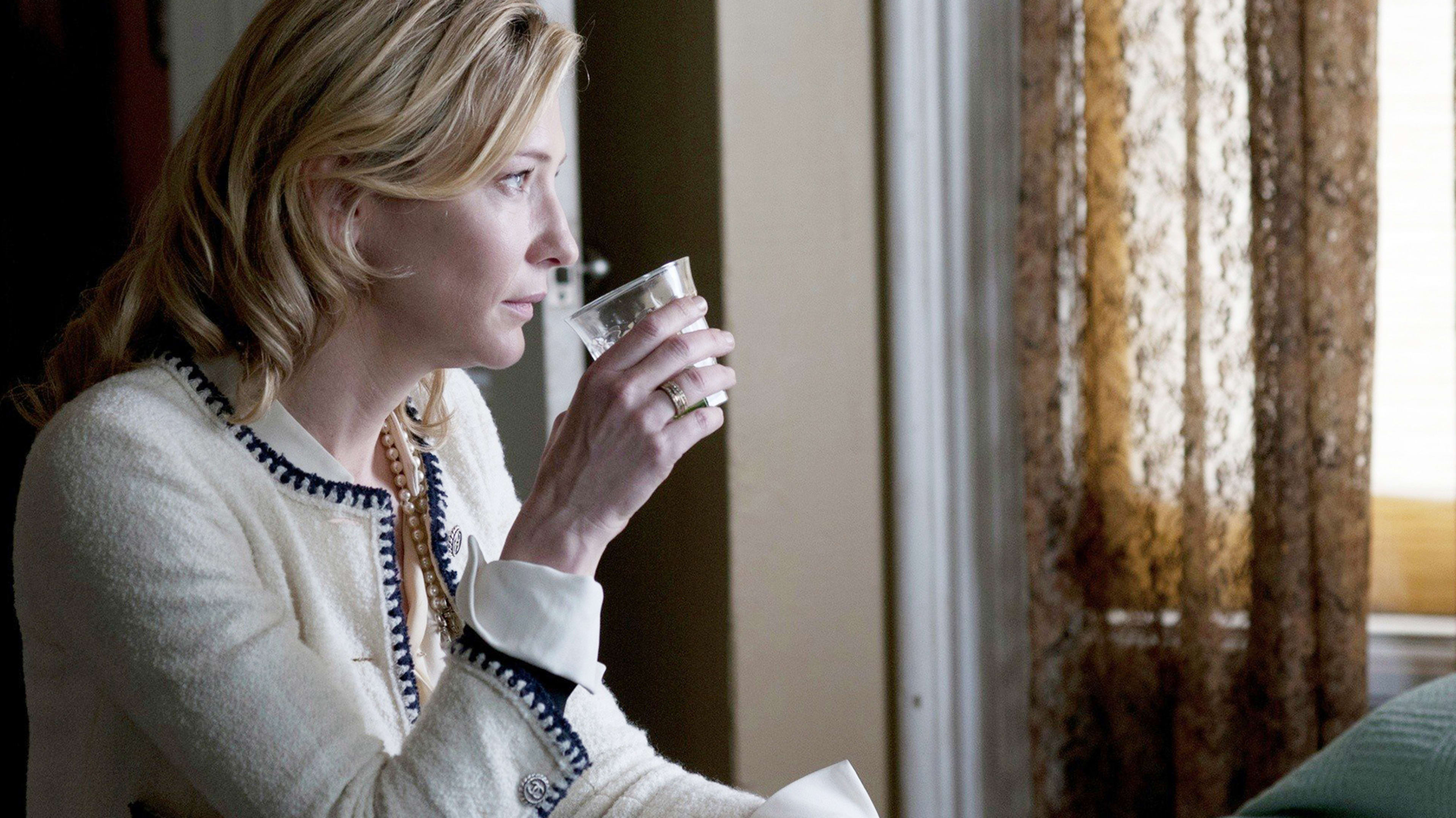Letty Aronson may be Woody Allen’s sister. But she’s also been his producer for more than a decade. Beginning her work with 1994’s Bullets Over Broadway as a co-executive producer and taking over as lead producer starting with 2001’s Curse of the Jade Scorpion. Since then she’s worked on 13 Woody Allen films, including his latest, Blue Jasmine, out this Friday. The film tells the story of a Manhattan socialite played by Cate Blanchett whose life and marriage falls apart, and then heads to San Francisco where she moves in with her sister. The film also stars Andrew Dice Clay, Alec Baldwin, Sally Hawkins, and Peter Sarsgaard among others.

Aronson, reached in Europe where she is at work on Allen’s new film due out next year, described her job as including everything an average Hollywood film producer might do with one major difference “I give my notes on the script and casting decisions, but that’s not my job. Woody knows what he wants. The vision is his, and he has the final decision on everything. I think anyone who’s produced for him knows that that job is to help Woody get what he wants. It’s not to say what he can’t do.” This kind of key support provides Allen with freedom to exercise his creative talent. Being the director’s sister, Aronson has great access to him and is highly attuned to the kind of people who will work well on set, something that helps in one of her key roles, selecting crew members (a tip if you are applying for a crew job on a Woody Allen movie is not to be too chatty and not to be too forward with your own ideas and advice). She says that being Allen’s sister has never clouded her judgment on a decision or prevented her from speaking her mind.

In a business known for its demanding auteurs, extravagant budgets, and long delays, Allen has famously produced a movie on time and on budget almost every year for the past four decades. In all her time working on Woody Allen films, Aronson says she’s never had a budget crisis in the middle of the project, and they’ve never had to make any major adjustments while filming. She attributes part of this to the well-planned schedule they are forced to keep to because they are working with a modest budget. Aronson also believes that, while each film is different, working with many of the same casting directors, line producers, designers, and other technical team members, year after year helps build up an institutional memory, and they have refined their ability to estimate needs and time frames for a Woody Allen film, “It’s never a science, but pretty much we’re usually on schedule. We incorporate reshoots and if we run a day longer, there’s a contingency for that,” Aronson says.
While some auteurs can’t be bothered with money, Aronson says her brother is budget conscious and aware. Although he can sometimes underestimate certain things, “He might say this scene needs 250 extras, and it turns out we need 550,” Aronson says, adding with a chuckle that, “He doesn’t understand why a period film costs more money! Part of my job is to remind him of those things.”

Before filming can begin, Aronson needs to raise all the money and have it in escrow by October of the prior year. In recent years, Allen’s films have all cost less than $25 million—often closer to $15 million—and the money increasingly comes from investors overseas—where Allen’s films tend to outperform their U.S. box office—in addition to some in the United States. Due to the small budget and strong foreign rights sales and foreign box office, Allen’s films are almost always profitable.
Because of Allen’s status in Hollywood, stars like Baldwin, Blanchett, or Scarlett Johansson, one of his frequent leads over the past several years, are willing to forgo their usual millions, personal assistants, drivers, and entourage for the chance to work with Allen. Louis CK, who also stars in Blue Jasmine, commented earlier this week that he did the film just to have the chance to hang out with Allen.

In addition to his status, stars are drawn to the fact that he is one of a handful of truly independent filmmakers working today. None of the investors are allowed to know what the film is about, see or approve the script, see rough cuts or dailies, or approve the final film. In fact, Allen doesn’t write a single word of the script until all the money is in. As a result, the film is totally free of any outside influence or control. Aronson tells her investors, “You’re making an investment in Woody Allen.” This model is essentially the antithesis of a Hollywood studio film. Aronson says, “You have to come to them with a script and a name attached to it, and they give you their notes on how they think it should be. They would not be comfortable working with us, and we would not be comfortable working with them. And they’re not interested in working with us. It’s like we’re in a different business.”
So why has Allen been able to work this way for so long? For Aronson it’s simple–the work is good, the Woody Allen “brand” remains strong, and although Allen is 77, Aronson tells us, “He will continue to film as long as he’s healthy, as long as we can get money, and we have complete freedom.” For most people in Hollywood, that might seem demanding. For Woody Allen, it’s normal.
Recognize your brand’s excellence by applying to this year’s Brands That Matter Awards before the final deadline, June 7.
Sign up for Brands That Matter notifications here.
